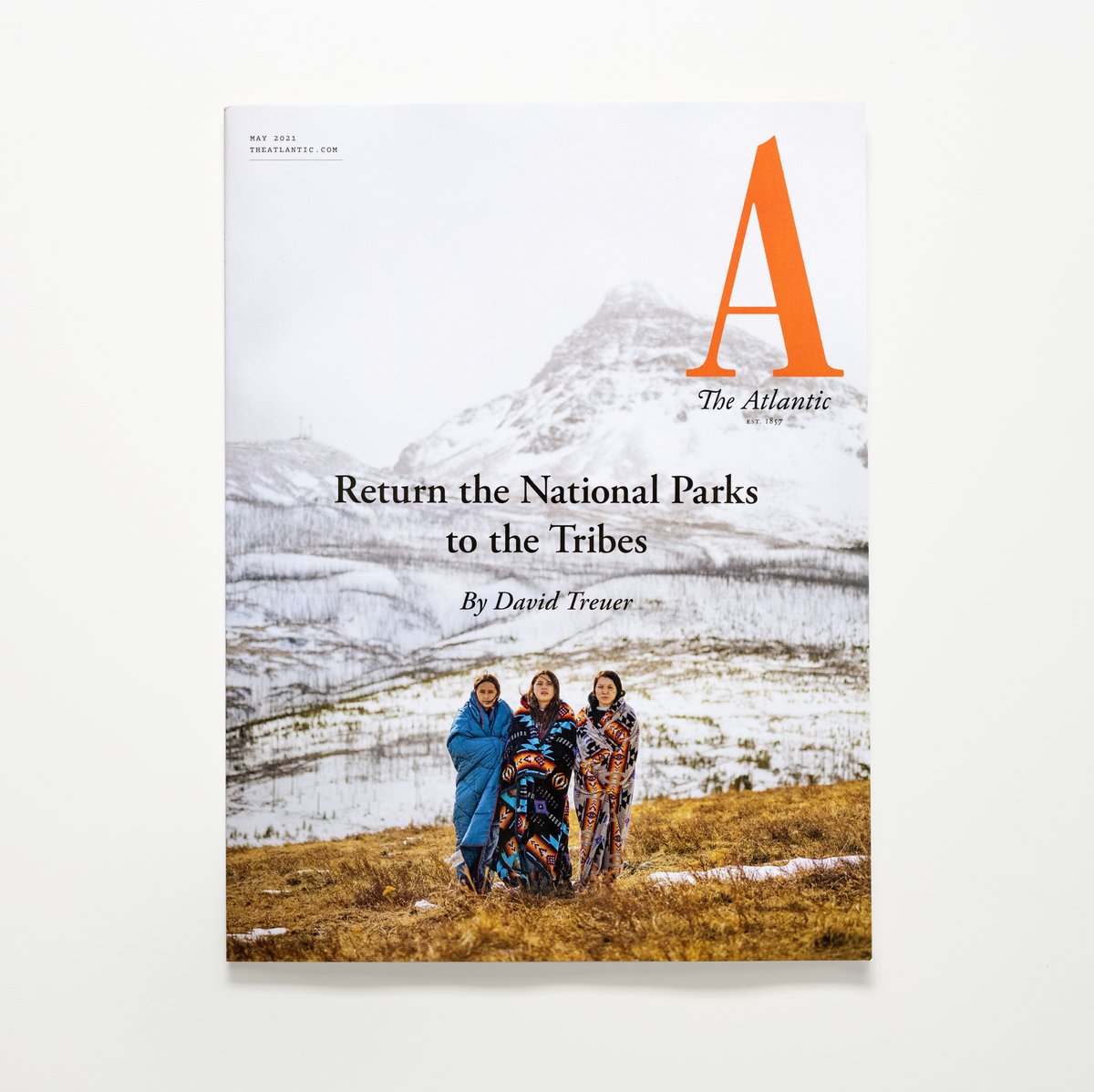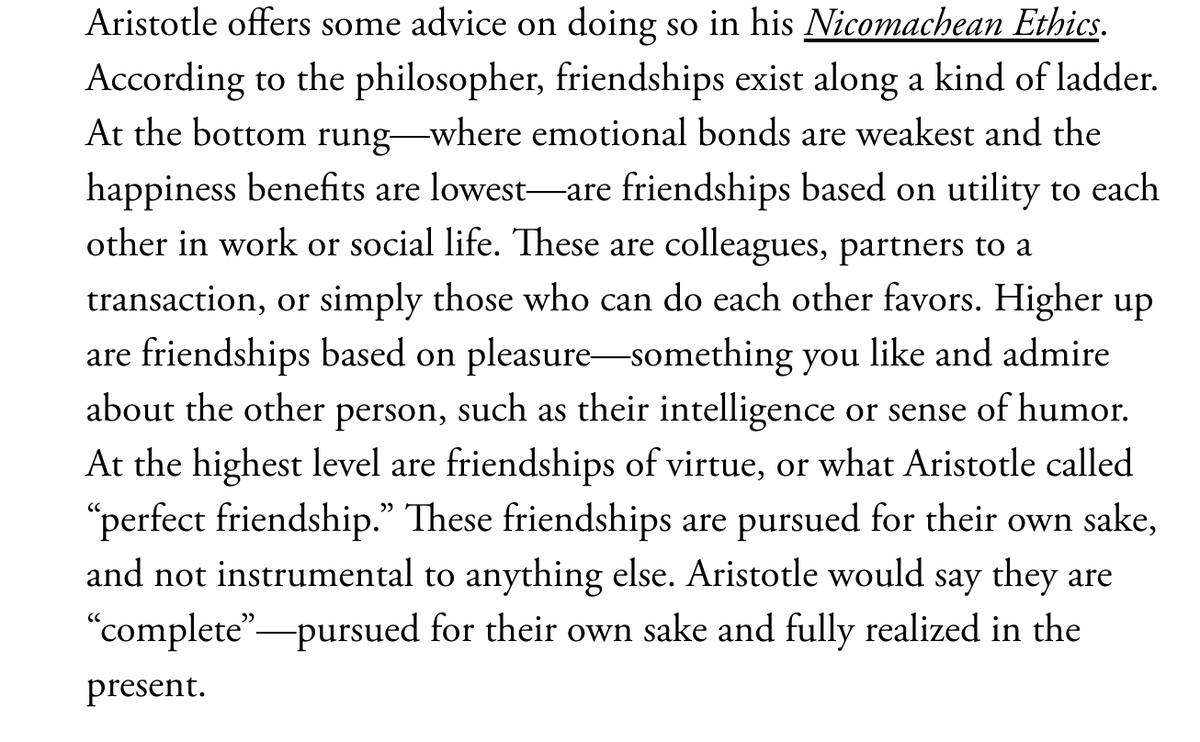
1/ In our June cover story @ClintSmithIII writes about the Confederate lies that live on. theatlantic.com/magazine/archi…
2/ The myth of the Lost Cause began in the late 1800s "to recast the Confederacy as something predicated on family and heritage," @ClintSmithIII writes. "The myth asserts that the Civil War was fought by honorable men protecting their communities, and not about slavery at all.” 

3/ While minimizing the horrors of slavery, the myth of the Lost Cause suggests that Black soldiers fought for the Confederacy, in racially integrated regiments. No evidence supports these claims, Smith writes.
4/ Another common claim is that many Confederate soldiers had no reason to fight for slavery, because they weren't slaveholders themselves. 

5/5 Much of the story we tell about history is the story we tell about ourselves, @ClintSmithIII writes. "It is the story of our mothers and fathers and their mothers and fathers … But just because someone tells you a story doesn’t make that story true." theatlantic.com/magazine/archi…
• • •
Missing some Tweet in this thread? You can try to
force a refresh






